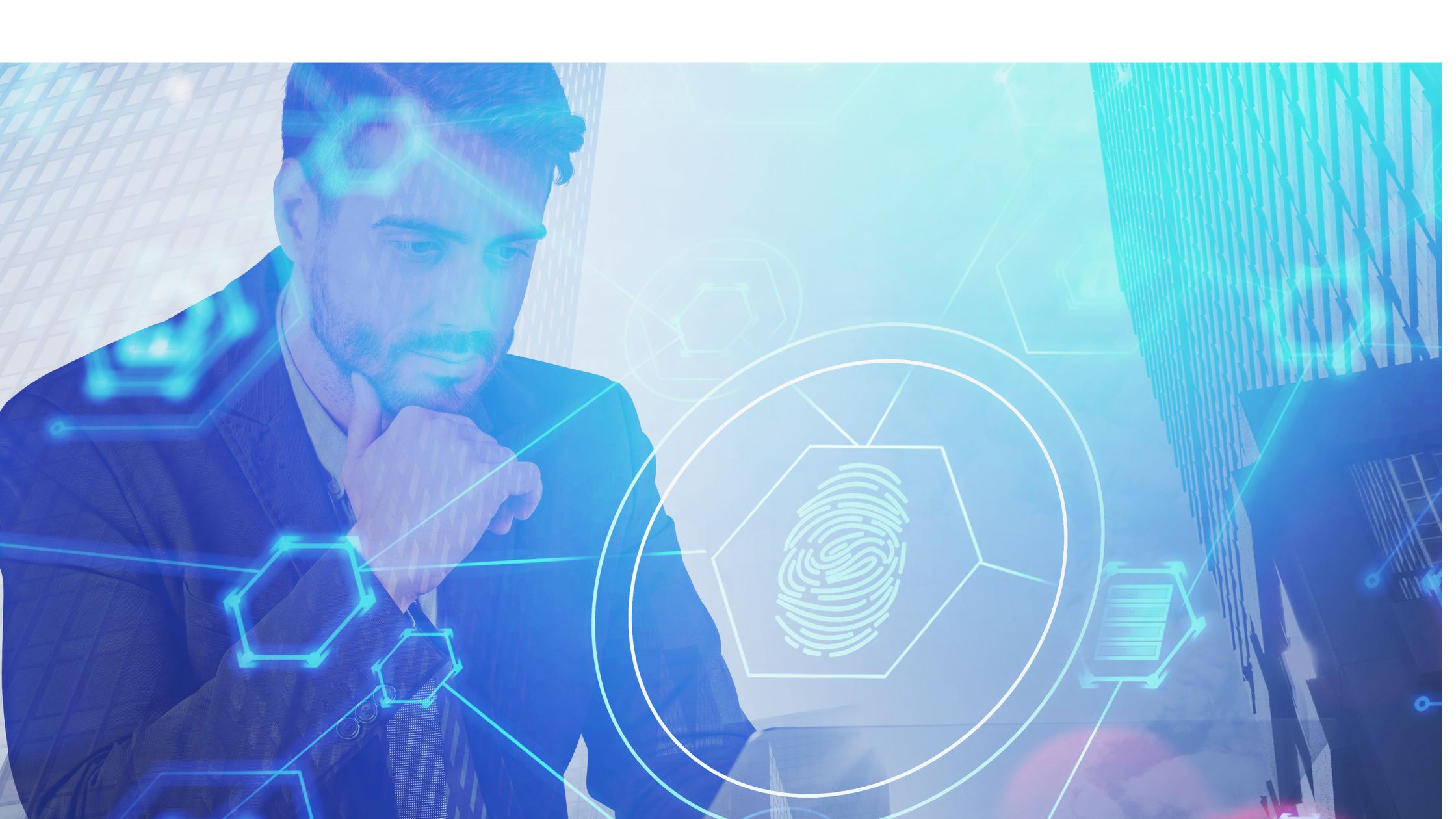Cybersecurity Awareness: Protecting Your Digital Life
In an increasingly digital world, cybersecurity has become a critical concern for individuals and organizations alike. With cyber threats evolving rapidly, staying informed and vigilant is essential to protect your personal information, financial assets, and organizational data. This blog post explores the importance of cybersecurity awareness and offers practical tips to safeguard your digital life.
Why Cybersecurity Awareness Matters
Cybersecurity is not just the responsibility of IT professionals; it’s something everyone needs to be aware of. Cybercriminals use various tactics to exploit vulnerabilities, whether through phishing emails, malware, or social engineering. The consequences of a cyber attack can be devastating, leading to identity theft, financial loss, and compromised business operations.
Awareness is the first line of defense against these threats. When individuals understand the risks and know how to protect themselves, they are less likely to fall victim to cyber attacks. For organizations, fostering a culture of cybersecurity awareness among employees can significantly reduce the risk of breaches and data loss.
Common Cyber Threats
- Phishing Attacks
- Phishing is a tactic where attackers impersonate legitimate organizations to trick you into providing sensitive information, such as passwords or credit card numbers. These attacks often come in the form of emails or messages that appear to be from a trusted source.
- Malware
- Malware, or malicious software, includes viruses, worms, ransomware, and spyware. It can infect your device through downloads, email attachments, or compromised websites, leading to data theft, system damage, or financial loss.
- Social Engineering
- Social engineering involves manipulating individuals into divulging confidential information. Attackers may pose as colleagues, friends, or technical support personnel to gain your trust and access sensitive data.
- Ransomware
- Ransomware is a type of malware that locks you out of your files or systems until a ransom is paid. It can spread through phishing emails or malicious websites, causing significant disruption to businesses and individuals.
- Insider Threats
- Not all cyber threats come from external sources. Insider threats involve employees or contractors who misuse their access to harm the organization, whether intentionally or unintentionally.
Tips for Enhancing Cybersecurity Awareness
- Use Strong, Unique Passwords
- Create complex passwords that include a mix of letters, numbers, and symbols. Avoid using the same password for multiple accounts. Consider using a password manager to securely store and generate strong passwords.
- Enable Two-Factor Authentication (2FA)
- Two-factor authentication adds an extra layer of security by requiring a second form of verification in addition to your password. This could be a text message, email, or an authentication app.
- Be Cautious with Emails and Links
- Always verify the sender’s email address before clicking on links or downloading attachments. If something seems suspicious, contact the sender directly through a known, legitimate channel.
- Keep Software Updated
- Regularly update your operating system, antivirus software, and all applications to protect against known vulnerabilities. Many cyber attacks exploit outdated software.
- Educate Yourself and Others
- Stay informed about the latest cyber threats and best practices for staying safe online. Share this knowledge with colleagues, friends, and family to help create a culture of cybersecurity awareness.
- Secure Your Devices
- Use encryption to protect sensitive data on your devices. Enable firewalls and antivirus software to prevent unauthorized access. Be cautious when using public Wi-Fi, and consider using a VPN for added security.
- Backup Your Data Regularly
- Regularly back up your important files to an external hard drive or cloud storage. This ensures you can recover your data in case of a ransomware attack or other data loss incidents.
- Be Mindful of Social Media
- Be cautious about what you share on social media, as cybercriminals can use this information for phishing or social engineering attacks. Review your privacy settings to control who can see your posts.
The Role of Organizations in Cybersecurity Awareness
Organizations play a crucial role in promoting cybersecurity awareness. This involves providing regular training sessions for employees, implementing strict security policies, and encouraging a proactive approach to cybersecurity. By fostering a culture of awareness, organizations can reduce the risk of cyber attacks and ensure a more secure working environment.
Conclusion
Cybersecurity awareness is essential in today’s digital age. By understanding the common threats and taking proactive steps to protect yourself, you can significantly reduce the risk of falling victim to cyber attacks. Remember, cybersecurity is a shared responsibility—everyone has a role to play in keeping the digital world safe. Stay informed, stay vigilant, and stay secure.
Contact us to learn more about corporate training opportunities: (416) 489- 8946 / [email protected]


No responses yet